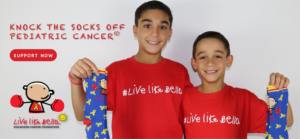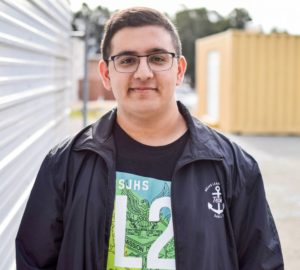The story of Groupon and its main entrepreneur is a dramatic one. Andrew Mason was a web designer paid by tech billionaire Eric Lefkofsky to drop out of grad school and start a business. With his prior experience and classic dropping-out-of-college storyline, Andrew was heading down the road of successful entrepreneurship.
Although he had built enough reputation to warrant a million dollar investment from a former employer, Mason was still in uncharted territory. In an interview with the Gimlet podcast, Mason had said “In the early days we would buy a bunch of academic books on collective action, and me and the other people there would just sit around and read.” The book learning was effective, but there were still some trial and error steps along the way.
While still figuring out what genre of value Groupon would provide its users, Mason and his partners had a few tries and guesses and trips. The original point was to provide an area for people to come up with an idea and go into it together. “I have a plan, but I’m not going to go through with it unless a lot of people do it with me.” Early on, they would seed ideas out to the public and see if they would take. Business was slow, and eventually the users started coming up with their own ideas.
This caused Mason to risk losing his funding; unless he could find an avenue that would provide steady usage and income, Groupon would be shut down. Mason eventually landed on group discount. Groupon sold retail discounts, giving a cut of each sale to the business providing it. Starting off by manually distributing and building relationships Groupon ended up growing faster than Apple, Google, and Facebook. Though he is no longer a part of Groupon, Andrew Mason continues to work as a successful entrepreneur.


